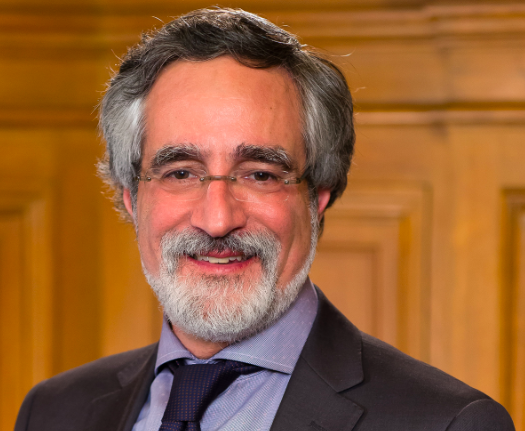
Twelve years after former Sup. Chris Daly suggested that the mayor debate policy with the supervisors once a month – and 12 years after the voters agreed – the first real “question time” happened Oct. 16.
Daly’s measure was essentially torpedoed by a deal cut with former Board President David Chiu and Former Mayor Gavin Newsom. Under the rules they wrote, the supervisors had the right to ask the mayor questions – but only if they submitted them in advance, in writing.

So we got a monthly farce: Every once in a while, a supe would read a question, and the mayor would read a prepared response. There would be no discussion or debate.
By 2016, most supervisors had just stopped bothering submitting questions; all they would get in response was a scripted PR exercise written by the mayor’s staff.
But earlier this year, Sup. Aaron Peskin got his colleagues to approve a change in the rules. Starting with the October 16 meeting, the supes get to submit a subject area – not a specific question – in advance, and the mayor has to be prepared to answer a question she hasn’t seen. And the supes get to follow up.
That’s what Daly (and the voters) had in mind when they approved the idea of forcing the city’s powerful chief executive to answer real questions and have a real debate once a month.
And this time, Peskin was the one with a question – and it showed just how important this part of the legislative process can be.
Peskin challenged Mayor Breed on a critical issue: How much affordable housing the city should demand from developers. Technically it’s a bit tricky – after a lot of negotiation, in June 2016 the voters approved a consensus measure that allowed the supes and the mayor to adjust the level of affordability required for housing developers.
The goal, Peskin said, was “to build the maximum feasible number of affordable units.” The agreement allowed developers that had already gone through the planning process to move forward with fewer affordable units – they were, in effect, “grandfathered in” at a lower level.
But the deal also mandated that they developers get started on building within 30 months. The “use it or lose it” provision was designed to get housing actually built.
There are, Peskin said, 33 large projects that were grandfathered in under the deal that haven’t met that deadline and could now be required to add up to 30 percent more affordable units. But in a recent press release, Breed announced that she would spare those projects from increased affordability.
Peskin’s question: Why did you go back on the deal?
Breed said that if the city forced developers to build too much affordable housing, thy might not build at all. “Twenty-five percent of zero is still zero,” she said. She said the 33 projects at issue were stuck in the city’s difficult permitting process.
“The vast majority of folks did get site permits,” Peskin said. “One decided to change architects,” which is not grounds to exempt them from the rules. He asked Breed: Would you be willing to subject these developers to an economic analysis of how much affordable housing they could build?
I’ve looked at the list and overall, they buildings account for 4,063 units – and only 594 affordable units. That’s 14.6 percent. Way lower than the city currently requires.
Breed’s answer: maybe that would make these projects infeasible.
Never mind that the city’s own studies show that anything below 20-43 percent affordable housing makes the housing crisis worse.
This is the kind of debate the supes and the mayor should have, in public. Peskin concluded by thanking Breed for participating “in the first question time.”
May there be many more.


